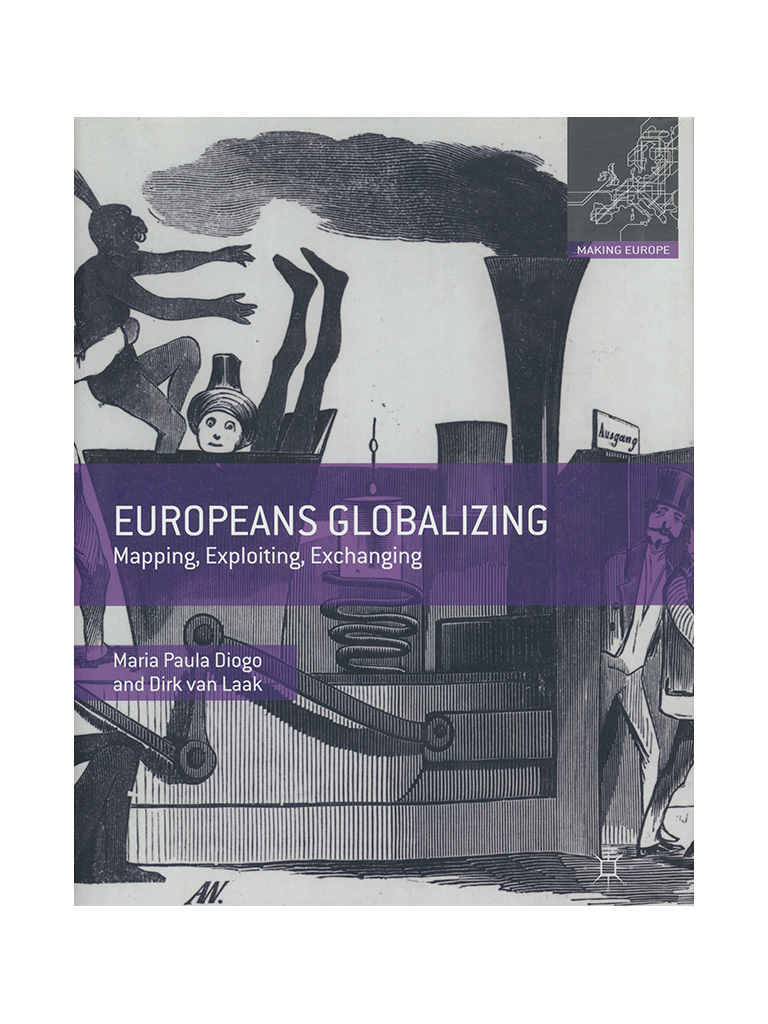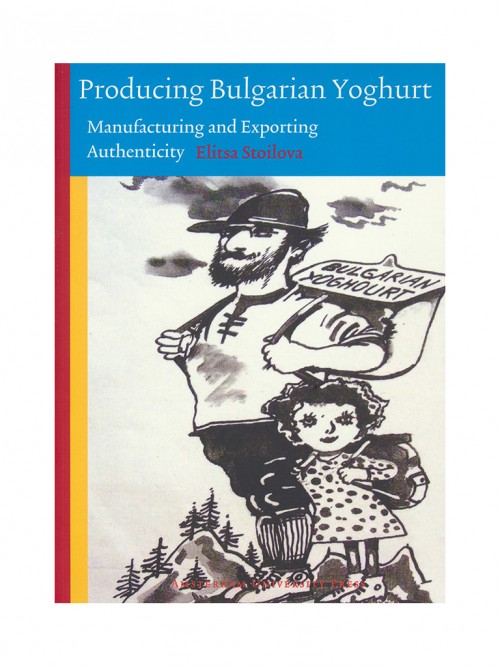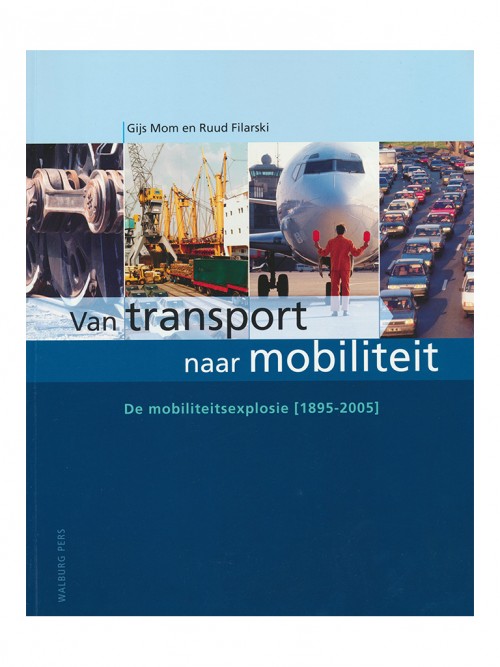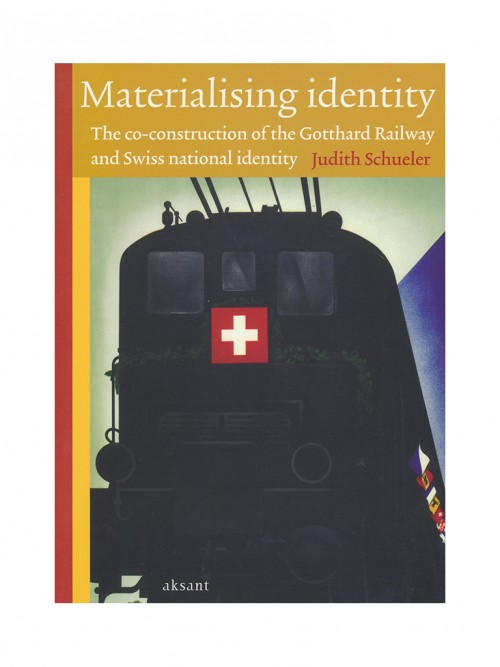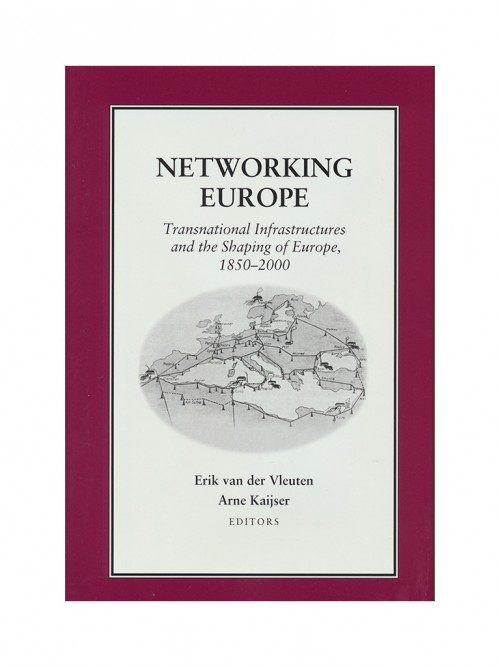How have technologies mediated European influence in other parts of the world? And how did this mediation, in turn, transform Europeans?
By focusing on technology in European - non-European relations, Globalizing Europe presents a story of European colonialism that will leave you in awe. It turns colonialism into a vivid narrative of cultural clashes and cultural adoptions. European nations had high aspirations for expanding into the non-European world. They desired to map new lands and exploit these for European benefit. In the process, they established treaties of cooperation as well as elaborate colonial infrastructures like telegraph systems and huge railway networks. Quite opposite to most expectations, these cultural transfers were hardly unidirectional, and often a kind of Pidgin-knowledge emerged – a hybrid fusion of European and local knowledge and skills. By means of beautifully illustrated case studies, this book takes you to all corners of the world, from Africa to Australia and from Asia to America.
Maria Paula Diogo is Full Professor of History of Technology and Engineering at the School of Science and Technology, NOVA University of Lisbon (FCT/NOVA), Portugal, and member of the Centre for the History of Science and Technology (CIUHCT). in the early 90s, she has pioneered the study of Portuguese engineering and engineers and is currently working on engineering, the Portuguese colonial agenda and the Anthropocene, as well as the role of technology in European history and diplomacy, particularly in peripheral countries. She publishes on a regular basis both nationally and internationally. She is a member of several societies and international research networks.
Dirk van Laak is Full Professor of German and European History from the 19th to the 21st Century at the History Department of Leipzig University, Germany. From 2007 to 2016, he was Full Professor of Contemporary History at the History Department, Justus Liebig University Giessen, Germany, He has worked on German, European, colonial and global history, as well as the history of technology and intellectual history. He also pioneered the history of infrastructures. He has published and (co)edited several books on a wide range of topics. His most recent book addressed the everyday and cultural history of infrastructures (“Alles im Fluss. Die Lebensadern unserer Gesellschaft – Vergangenheit und Zukunft der Infrastruktur” Frankfurt/Main: S. Fischer 2018).
Extra informatie
| Jaar van uitgave | 2018 |
|---|---|
| ISBN | 978-0-230-27963-6 |
| Taal | Engels |
| Verzendkosten | Nederland € 9,-, Europa € 15,-, Wereld € 25,- |
| Donateur SHT | Korting op aankoop: € 15,-. Vraag de kortingscode per e-mail |

